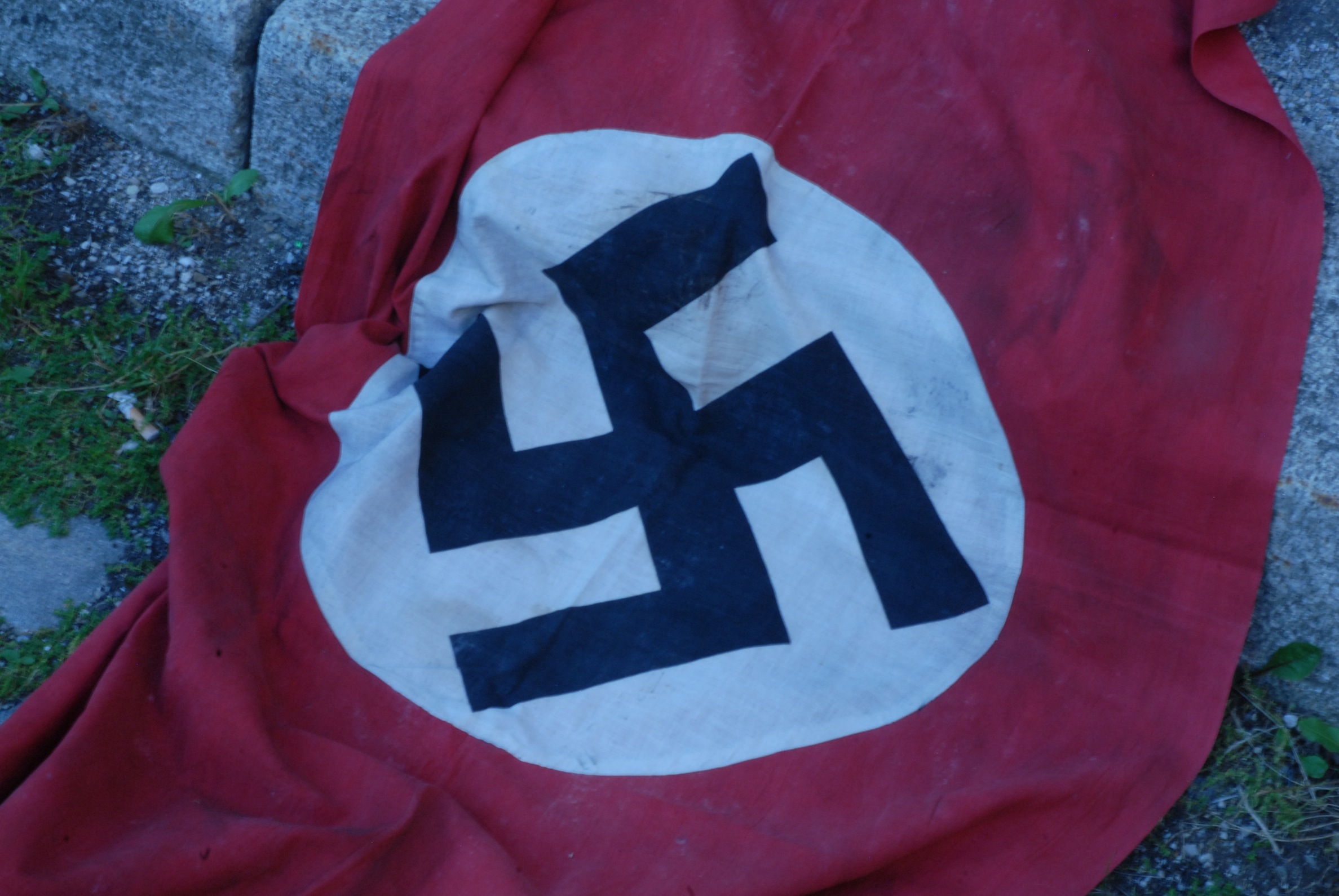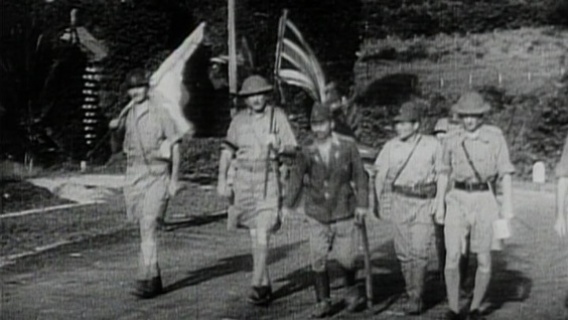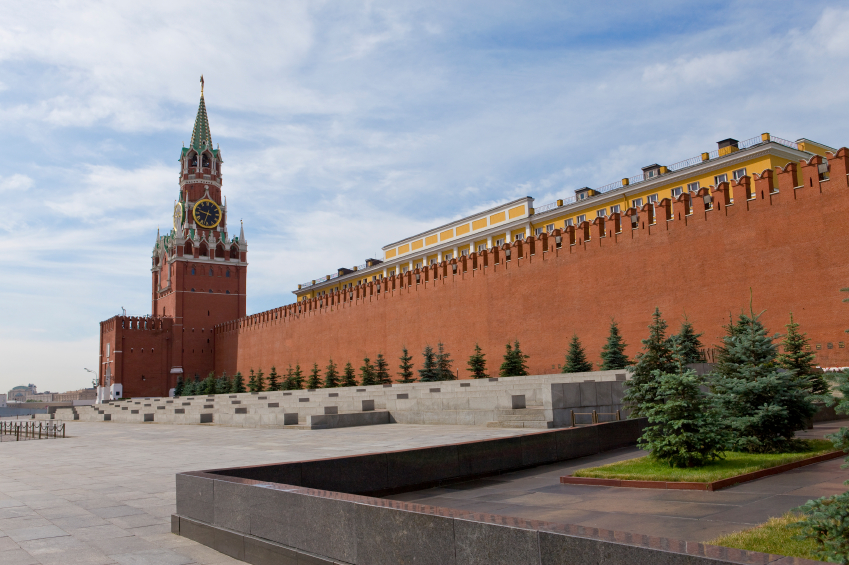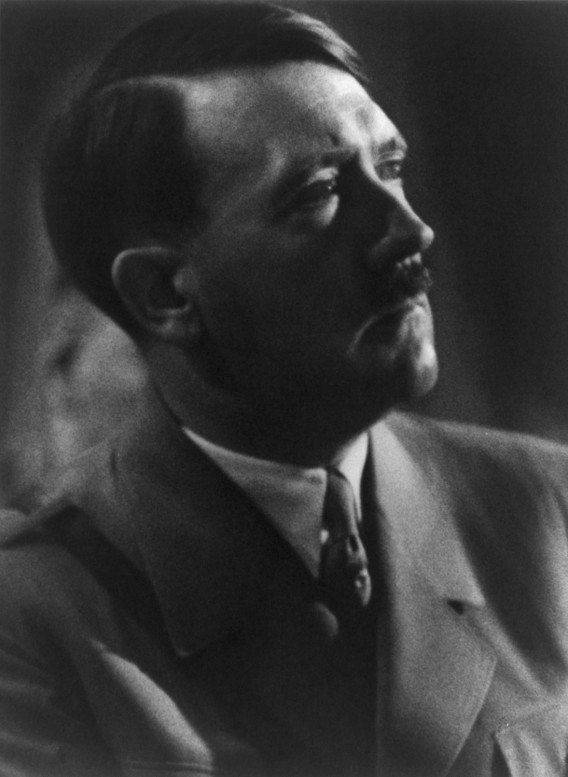
Oskar Groening
I met Oskar Groening, the former SS soldier from Auschwitz whose trial started this week, more than 10 years ago. We were filming him for a BBC TV series I wrote and produced called ‘Auschwitz: The Nazis and the ‘Final Solution”. The interview he gave us is of real historical importance, since he offered insights into the role of the SS at Auschwitz that I’ve not heard anywhere else. But that’s not what I want to talk about today. If you want to read the views he expressed in his interview then just look in the book I wrote about Auschwitz. I discuss Groening at length there.
All I wanted to write about here was the personal impression he made on me. Oskar Groening was a bank clerk before the war and a personnel officer after the war. You could scarcely meet a more ‘ordinary’ person.
And that’s one reason why it is important that we think about Oskar Groening. Because many people want to believe that they would recognise someone who worked at Auschwitz if they met them. They think that a member of the SS at Auschwitz would almost certainly be red faced, slathering and stupid – an obvious monster of a person. Not someone who is mild mannered and wears glasses.
I think it is right that Oskar Groening is on trial. In my view, every single one of the 6,500 members of the SS who worked at Auschwitz should have been held accountable for their actions immediately after the war. It is a scandal that less than a hundred have ever been prosecuted.
But just remember that whilst Oskar Groening must be held personally responsible for what he did at Auschwitz, he doesn’t conform to the stereotype Nazi that many might want him to be. Life would be much less troublesome and much more comfortable if people who did bad things were obviously bad when you met them, and people who did good things were obviously good – but it doesn’t work that way.
 Twitter
Twitter











